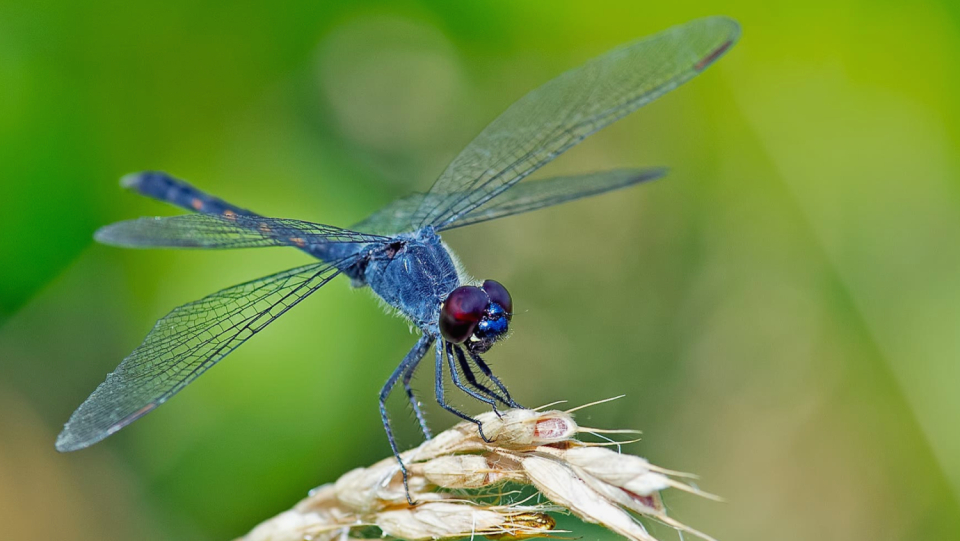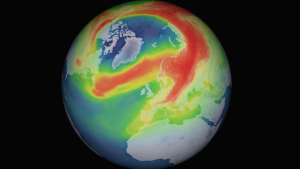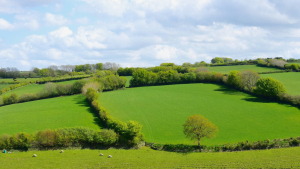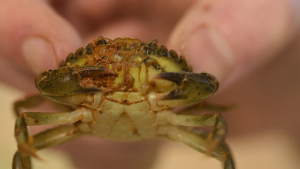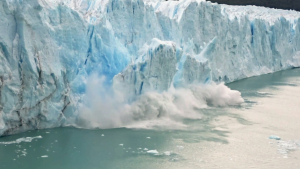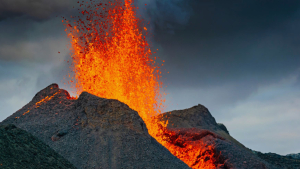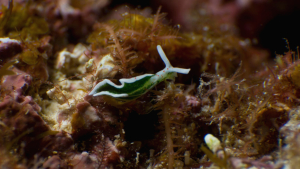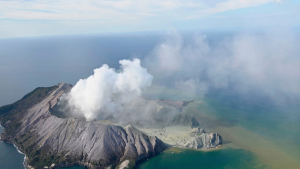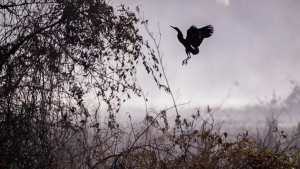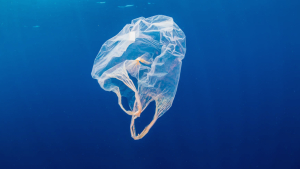Insenses worldwide disappear to a dramatic extent. The decline has long been well documented for pollares such as bees, bumblebees and butterflies. It initially looked different with the water insects. In 2020, researchers still provided evidence that their populations could sometimes even get bigger - and the increase could even compensate for the decline in land insects in certain areas.
The International Union for Conservation of Nature (IUCN) has now examined dragonflies for the first time for the Red List of endangered species. It comes to the conclusion: 16 percent of the more than 6000 species are also endangered or threatened with extinction. The main reasons are the destruction of wetlands as well as pesticides and other chemicals in waters, reported the IUCN on Thursday in Gland near Geneva.
In southern and Southeast Asia as well as in central and South America, the habitats of the dragonflies disappear through forest destruction, because cattle pastures, settlements or plantations are created with palm oil, sugar cane or soy. In North America and Europe, the pollutants are the problem as well as the decline in habitats and climate change. According to IUCN, wetlands disappear three times as quickly as forests. A dragonfly native to Germany is also considered globally: the black-blue helmet azure jungfer (Coenagrion Mercuriale).
According to studies, the total insect population has declined by up to 80 percent in the past 30 years. Since insects serve as a food source for numerous other animals and many species also pollinate crops, the consequences for the ecosystem are immense. (dam)







